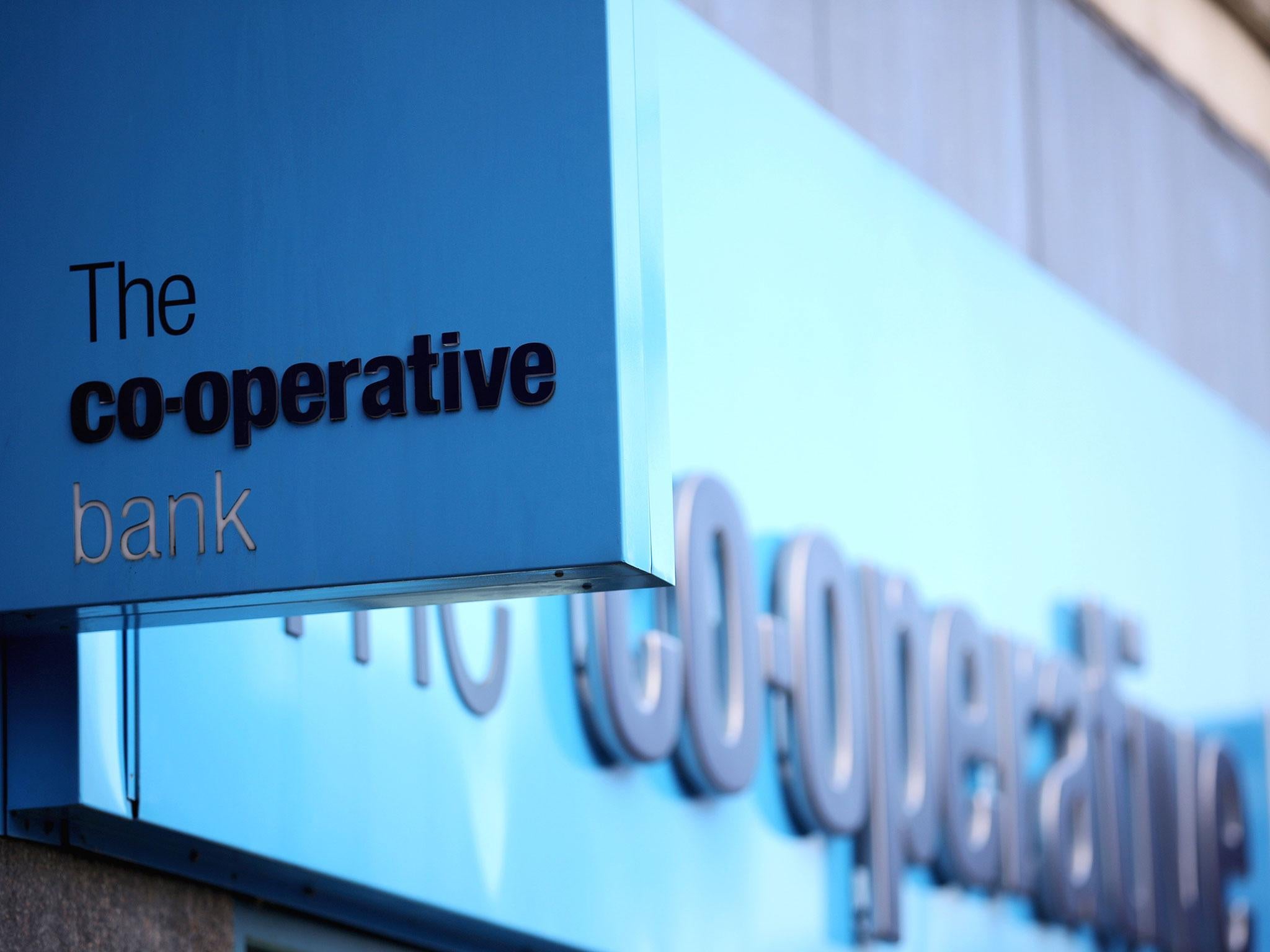Co-Op Bank announces that it is putting itself up for sale
The bank had previously warned that the economic uncertainty following the UK’s vote to leave the EU may hold back its recovery plans

The Co-operative Bank is putting itself up for sale in a bid to bolster its capital buffer and meet key regulatory targets.
The bank, which is 20 per cent owned by the wider Co-Operative Group consumer business, said in a statement on Monday that a sale was always considered a possible outcome of its turnaround plan, but that it had also looked at other options to “build capital and meet the longer term capital requirements applicable to all UK banks”.
It that its capacity to organically meet longer-term UK bank regulatory capital requirements had become “constrained by the impact of interest rates that are lower than previously forecast, … and by higher than anticipated transformation and conduct remediation costs”.
The bank has had a turbulent few years and in 2013, narrowly avoided collapse after problematic real estate loans left a £1.5bn hole in the bank’s capital, according to Reuters.
Bondholders effectively took control of the bank at the time, while the mutual Co-Operative Group became a minority shareholder.
In September last year the Co-Operative Group wrote down its valuation of its stake in the bank by £45m. In April, the bank had said that it would remain unprofitable for the next two years citing losses from asset sales and rock-bottom interest rates.
It has also warned that the economic uncertainty following the UK’s vote to leave the EU may hold back its recovery plans and last month it said that it expected its core capital ratio – a key measure of balance sheet health, to slip below 10 per cent, falling short of a regulatory requirement.
In Monday’s statement, chief executive Liam Coleman said that although the bank had been “impacted by lower for longer interest rates, the costs associated with the sheer scale of the transformation and the legacy issues we faced in 2013, there is considerable potential to build the bank’s retail franchise further using the strength of the brand, its reputation for strong customer service and distinctive ethical position”.
Join our commenting forum
Join thought-provoking conversations, follow other Independent readers and see their replies
Comments